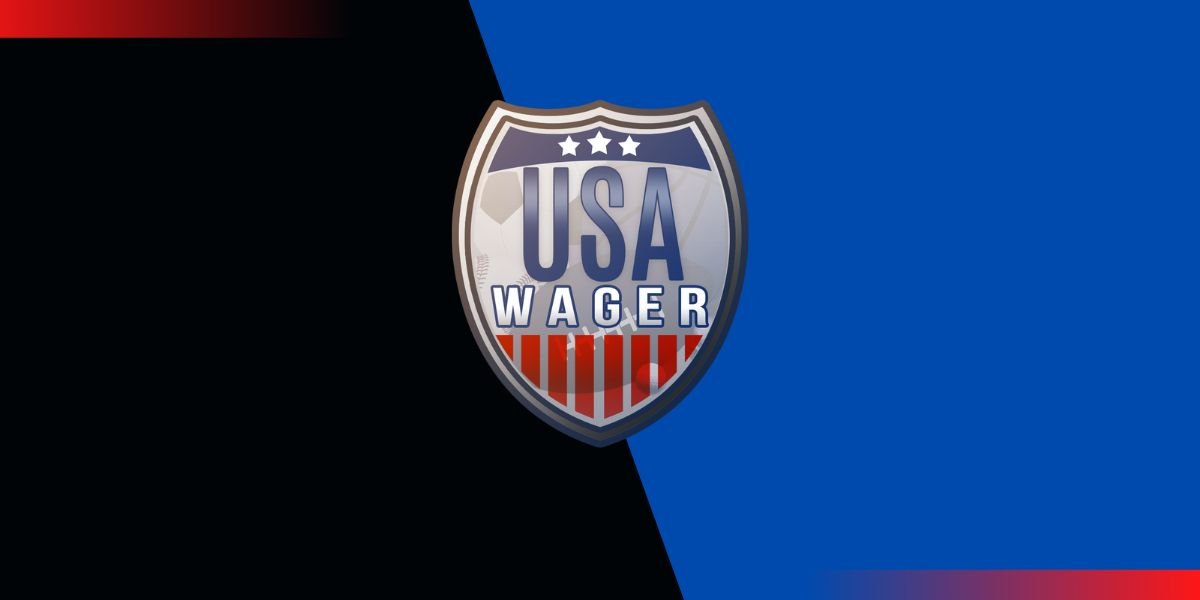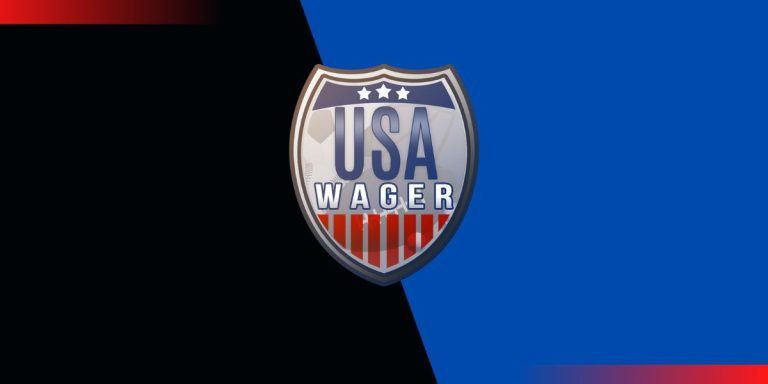Post-Super Bowl Era TROUBLE for Sports Betting Agencies?
The short, periodic interjections of comedy, terror, and emotional prodding, also known as commercials, could be argued as the highlight of Super Bowl weekend every year.
Okay— maybe the commercials are not always the knee-slapping comedies or tear-jerking tragedies that they used to be, but they are still guaranteed to capture the attention of millions of Americans from all over the country. As a result, Super Bowl commercials can be quite costly, with this year’s reported to cost $6.5 million per 30 seconds during breaks from the big game.
Sports betting companies, along with leaders from all other major markets, were forced to go all-in during this year’s championship bout as they continue to search for a leg-up in a world where everyone is competing for attention. As a result, the first post-Super Bowl analyses have been quite harrowing.
Trouble Brewing for Sports Betting Giants
The cost of going all-in on advertisements and visibility during the Super Bowl and the weeks leading up can hit hard, as many sports betting companies are finding out.
DraftKings’ stock is a perfect example of the consequences of exorbitant spending; the betting giant’s price fell 20% on the open market last Friday due to increasing costs and widening losses despite exceeding expectations in fourth-quarter sales.
DraftKings co-founder and Chief Executive Officer, Jason Robins, has been busy since the earnings were reported on a conference call last week, introducing new features such as a “Go Live” function that will allow DraftKings members to chat with other bettors on the opposite side of betting lines and a content team that will feature Mike Golic Jr., and even claiming that the tax revenue resulting from legalizing sports betting in California could help homelessness and mental health worries on the West Coast.
“In California, we continue to work with a number of leading online sports betting operators in support of a campaign to bring regulated, safe, and responsible online sports betting to the state,” Robins said. “Legal online sports betting is projected to bring hundreds of millions in tax revenue annually to the state to address two of the state’s most pressing issues: homelessness and mental health.”
As unlikely as it is that DraftKings will suddenly shut its doors next week, Robins’ clamoring shows that, regardless of how it may seem, he knows what is going on— and he is worried.
More Problems to Come
Sports betting is set for a huge uptick when March Madness rolls around; the annual 68-team tournament will pit the best teams in college basketball against one another in a single-elimination bracket from March 13 to April 4.
Last year’s championship bout between the champion Baylor Bears and runner-up Gonzaga Bulldogs drew 16.9 million viewers, presenting a massive market to sports betting companies. This future patronage could be rather short-lived, however, if the Major League Baseball lockout does not reach a resolution.
Jason Robins was back in action to deliver his thoughts on the matter, sharing his worries on behalf of all sportsbooks.
“When games are not being played, that is not positive for us,” Robins said. “Hopefully, baseball will figure this out.”
DraftKings is the easy target for criticism because of its negative returns, but the fact is that all of the sports betting giants are eating at each other’s profits with their fierce competitions. Shares of FanDuel owning-company, Flutter Entertainment, are down 6% in 2022 and 20% in the past year. Caesars, Penn National Gaming, and MGM are all on a downward spiral this year too.
As all companies move towards the red, they have been forced to create more risk-free bets and registration rewards to increase reach and retention, which negatively impacts short-term profit lines.
The Optimist Says…
If there is a positive to look at, it is that sports betting has been an overall slam dunk in the United States in recent years. States are lining up to legalize operations within their boundaries, and all 50 states will likely have legal sports betting within the next decade or two. 30 states currently offer in-person sports betting, and 18 also allow online gambling.
The key for companies moving forward will be to find a way to manage their own expenditures without pouring too much money into recruitment. This even extends to major markets such as New York.
“When the New York market launched, there was some aggressive promotional behavior by many operators, but DraftKings is committed to maintaining its disciplined approach to customer acquisition and is targeting a two to three-year path to profitability for the state,” said Jason Robins.
Obviously, not every market can continuously expand and profit without entering the red every once in a while— the key to figuring out the future of sports betting will be how quickly these investments into advertising and increasing registration will pay themselves off.


